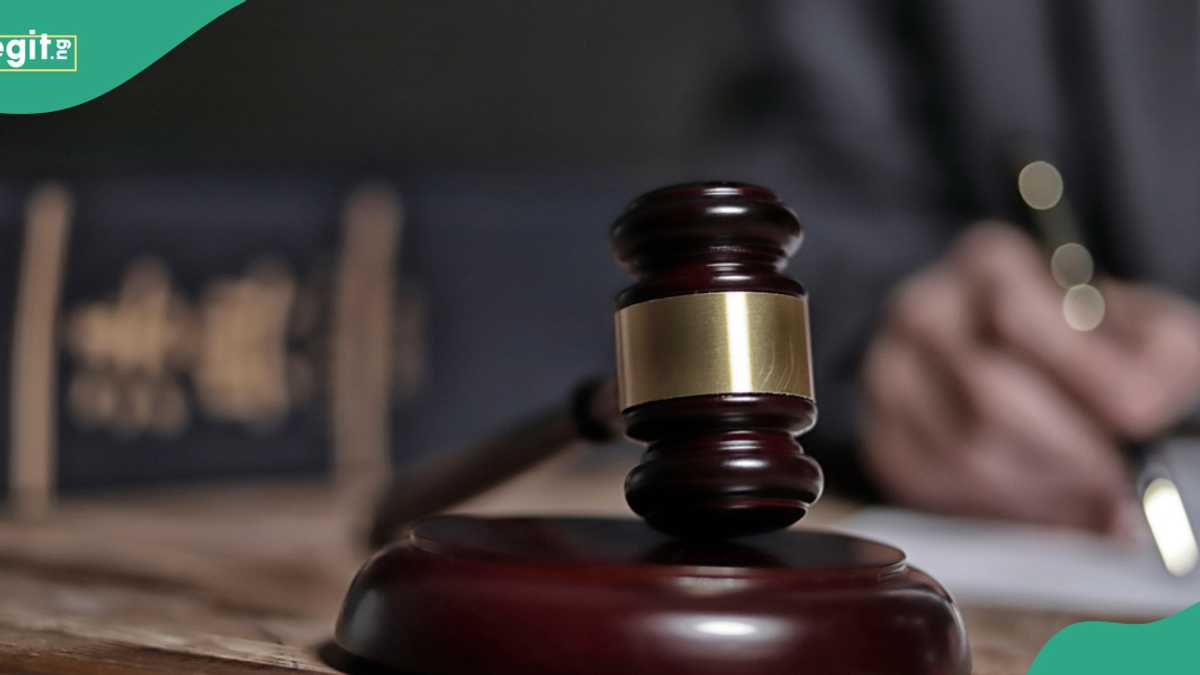By Laura Zilincanova,Liam Ryder
Copyright manchestereveningnews

Two more airlines have joined a list of carriers banning the use of one popular item that many travellers swear by while aboard a flight. Both Vietnam Airlines and Vietjet Air have taken the step to bar passengers from using power banks to charge their devices in the cabin. This follows similar moves by several other airlines this year, many of whom operate flights in and out of Manchester Airport . The bans stem from increasing concerns over the safety of lithium batteries onboard. Just last week, the US Federal Aviation Authority (FAA) issued an updated warning following 50 incidents involving power banks onboard. They stated: “Lithium batteries stored in passenger overhead bins and or in carry-on baggage may be obscured, difficult to access, or not readily monitored by passengers or crewmembers. Because of this, detection of thermal runaway and firefighting measures may be delayed in flight, increasing the risk to safety.” Under these new rules, passengers will no longer be able to charge their devices using power banks during flights, nor can the battery packs be recharged via inflight ports, reports the Express . Passengers are still permitted to bring power banks into the cabin, but they must remain unused and visible at all times. The first airline to implement such a ban was Air Busan, after a power bank fire in January forced one of its planes out of service. Thankfully, no passengers were injured, but the incident caused significant damage. Emirates, which runs flights from Manchester to Africa, Asia, the Middle East and Mexico, announced earlier this year that the ban would come into place from October 1, 2025. A spokesperson said: ” Emirates customers are still permitted to carry one power bank onboard with specific conditions” but added that “the power banks may not be used while in the aircraft cabin – neither to charge devices from the power bank, nor to be charged themselves using the aircrafts’ power source.” The statement continued: “After a comprehensive safety review, Emirates is taking a firm and proactive stance to mitigate risk when it comes to power banks onboard. There has been a significant growth in customers using power banks in recent years, resulting in an increasing number of lithium battery-related incidents onboard flights across the wider aviation industry. “If the battery is overcharged or damaged, it may result in ‘thermal runaway.’ Thermal runaway in batteries is a self-accelerating process where heat generation within a battery cell exceeds its ability to dissipate heat, leading to a rapid and uncontrollable temperature increase. “This can result in dangerous consequences like fire, explosions, and the release of toxic gases. Most phones and sophisticated lithium battery-powered devices have an internal trickle system which slowly adds current into the battery to prevent overcharging, but many basic power banks may not have this safeguard, increasing the risk. “All power banks are subject to the new rules onboard Emirates. Emirates new regulations will significantly reduce risks associated with power banks by prohibiting their use while onboard the aircraft. “Storing power banks in accessible locations within the cabin ensures that in the rare event of a fire, trained cabin crew can quickly respond and extinguish the fire. Safety is one of Emirates’ core values, and a cornerstone of all operations and practices. “Emirates is committed to maintaining and improving levels of safety on an ongoing basis, safeguarding customers and staff at all times.” The UK Civil Aviation Authority (CAA), along with other aviation authorities, recommends that lithium batteries and power banks should be transported in carry-on luggage and completely switched off to reduce fire hazards. Their guidance states that the heat-producing compenent of a lithium battery-powered device should be “isolated” from the battery – in other words, the battery or heat-producing component should be removed. It adds: “Any battery that has been removed must be protected against short circuit (by placing in its original retail packaging or by otherwise insulating terminals, e.g. by taping over exposed terminals or placing each battery in a separate bag or protective pouch).” Portable electronic devices containing lithium ion batteries that exceed a Watt-hour rating of 100 Wh and under 160 Wh should also be stored in carry-on baggage. The CAA also states: “If devices are carried in checked baggage measures must be taken to prevent unintentional activation and to protect from damage and the device must be completely switched off (not in sleep or hibernation mode). “Large portable electronic devices such as laptops and tablets should not be packed near aerosols or perfumes.” Airlines serving Manchester Airport: Other airlines



